In April 2007, Italy& #39;s premier sporting newspaper La Gazzetta dello Sport proclaimed Tomislav Ivić as the most successful manager in the history of football. But who was he? And what were his accomplishments that led to him receiving this tag?
Ivić was born in the Croatian city of Split, which in 1933 was the part of Yugoslavia. His youth was spent working at the city docks while playing for the city& #39;s 2nd club RNK Split. He would walk more than 10km everyday as commute between the docks, his home and the ground.
After playing the game for 10 years, 6 of which were spent at the city& #39;s more famous club Hajduk Split, Ivić retired from playing. Then after 4 years of staying away from the game, he took up club management of RNK Split in Yugoslavia& #39;s 2nd division in 1967.
RNK finished the season at 8th in an 18 team league, 19 points behind the champions NK Čelik Zenica. It was a better result than many had expected them to at the start of the season. This brought Ivić to the attention of Hajduk, who signed him as their youth coach immediately.
In 1972, it was another 2nd division club in HNK Šibenik who hired Ivić. Here too, the club were expected to struggle against relegation but finished well clear of the danger zone. Following this, Hajduk recalled him to manage their senior side in the 1st division.
Here, his managerial approach towards the game became much more known. A firm believer in the idea of system over the individual, he believed natural ability as a mere raw material which had to be shaped in a way that it can be used to the maximum for the team& #39;s benefit.
This was in contrast to how most people of the time saw football. The traditional view of relying on individual artistry as a means to score goals was throughly challenged as Hajduk won 2 leagues and 2 cups in Ivić& #39;s 3 seasons there.
Unlike many famous coaches before and after him, who had pretty lavish ideas on football tactics and systems, Ivić always stressed the idea to keep it as simple as possible. His players would often be training in methods that would appear more commonly in kids& #39; training sessions.
He often quoted - "The play, not the player scores the goals." He rejected the notion that flair was a necessity to become a top team. It was always about doing the basics right and applying that to the system. No wonder many call his football as the & #39;industrial football.& #39;
It was Ajax who approached him in 1976. The club had not won the league since its 3rd consecutive European Cup win in 1973. They won the league in Ivić& #39;s 1st season. However, he was accused of playing defensive football, that went against common Dutch idealism.
Ivić would often justify it by saying "It& #39;s much easier to learn to defend than to attack." So his clubs would often follow the pattern of developing rock solid defences before they scored more goals. And sure enough, Ajax scored 23 more goals in the following season of 1977/78.
His time at Ajax changed his fundamental thinking around the game. He became a disciple of the high pressing game, a quality that fit in perfectly with his approach of a system over the individual. He would quote - "Pressing is the beating heart of our football."
Over the following 2 decades, Ivić would manage and win in a lot of countries. He added another league title with Hajduk, followed by a league with Anderlecht. A few years later, he would win a league and cup double with a UEFA Super Cup and an Intercontinental Cup at Porto.
When he won the 1991/92 French Division 1 with Marseille, Ivić became the first and to this day the only manager to have won a league in 5 different Europeans countries - Yugoslavia, Netherlands, Belgium, Portugal and France.
Tomislav Ivić passed away in 2011, with cardiovascular and diabetic problems taking their toll. A year before his death, he made a very accurate prediction regarding the future of football.

 Read on Twitter
Read on Twitter![Tomislav Ivić - a forgotten great of the post war European football. #PausaHistoria [THREAD] Tomislav Ivić - a forgotten great of the post war European football. #PausaHistoria [THREAD]](https://pbs.twimg.com/media/EkD8DvhVkAEEOpo.jpg)

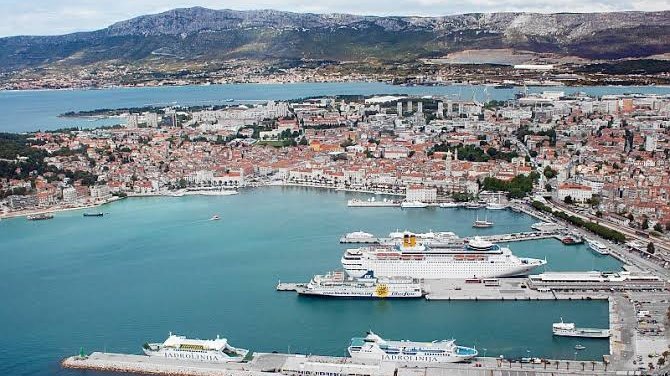
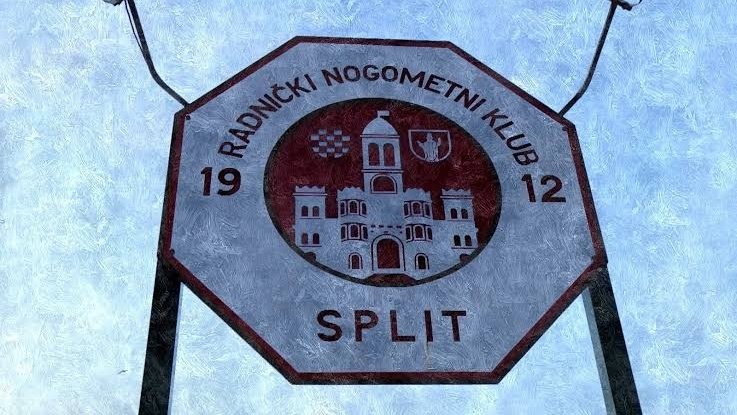
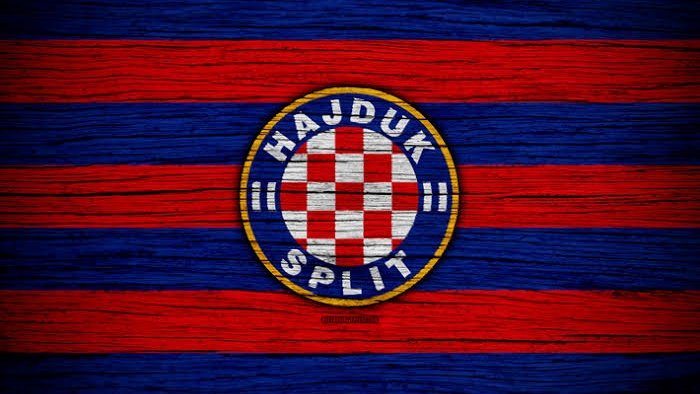
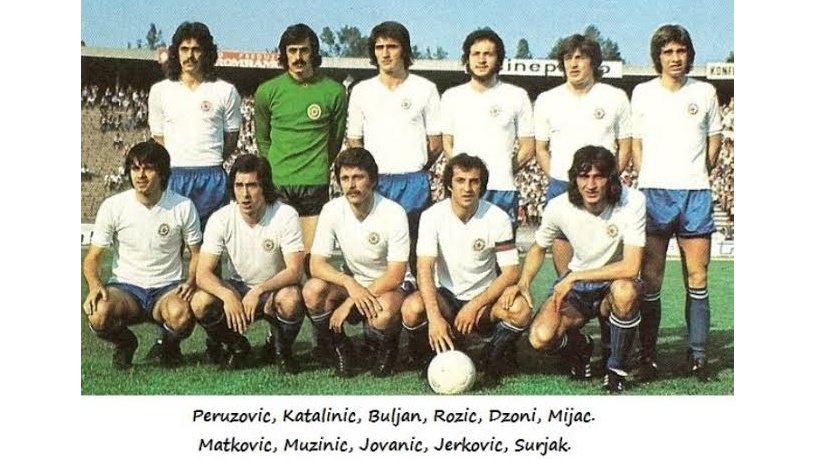
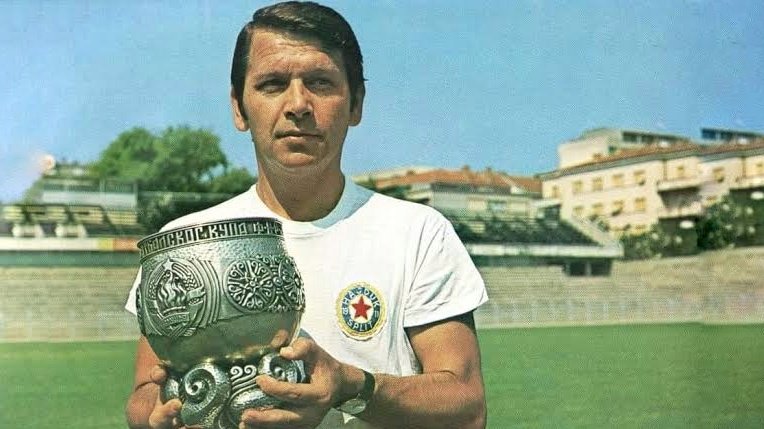

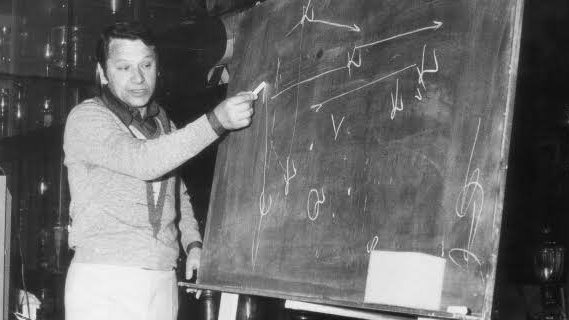
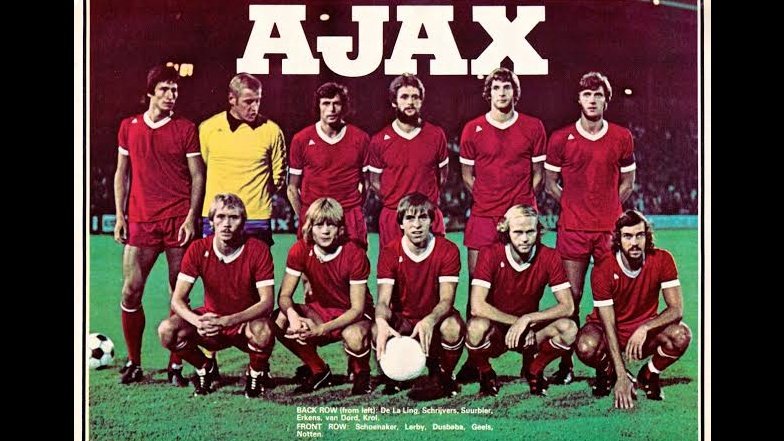
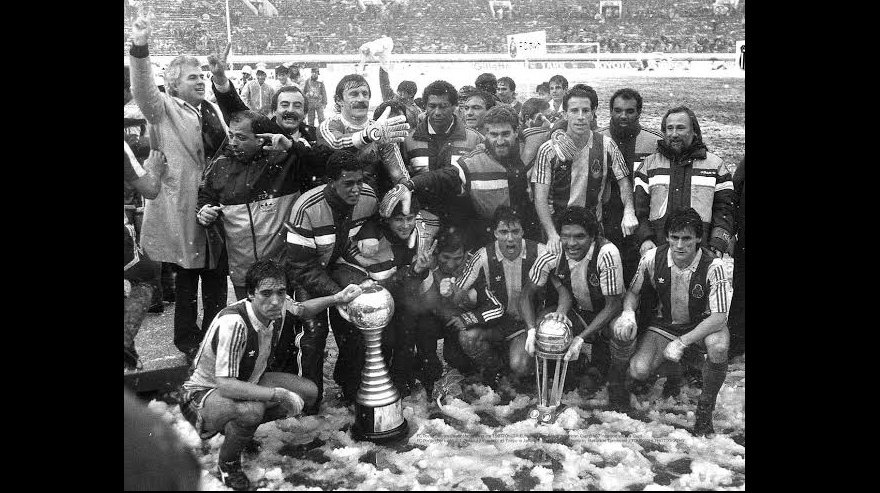
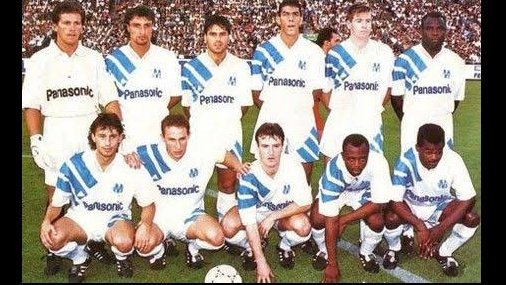
!["Glory and trophies will belong to those teams who’ll be able to play at high tempo throughout the game, achieve automatism and act on instinct in transition, while constantly pressing on the ball very high up field."[END OF THREAD] "Glory and trophies will belong to those teams who’ll be able to play at high tempo throughout the game, achieve automatism and act on instinct in transition, while constantly pressing on the ball very high up field."[END OF THREAD]](https://pbs.twimg.com/media/EkD8KGmU0AYY0Yb.jpg)


